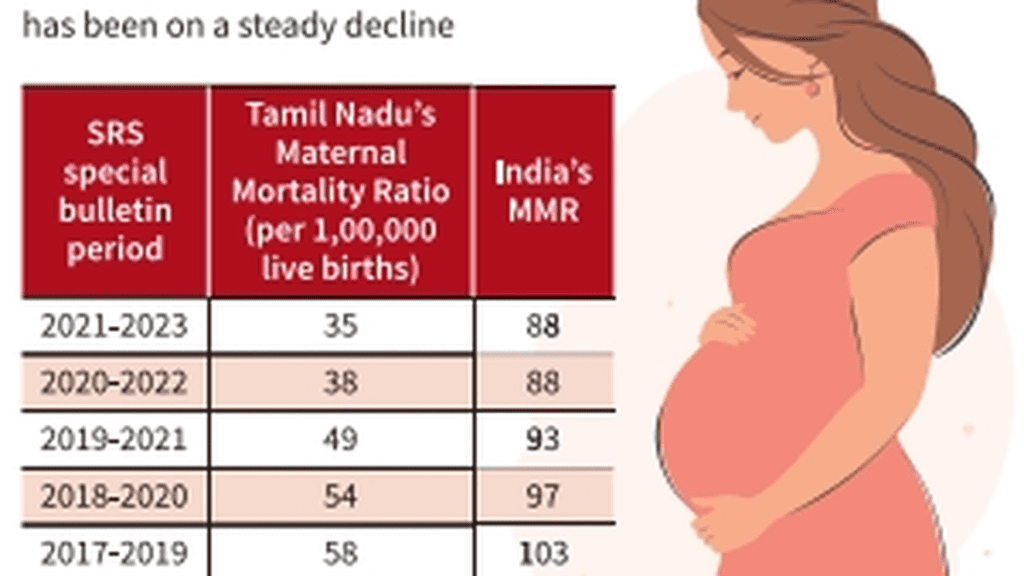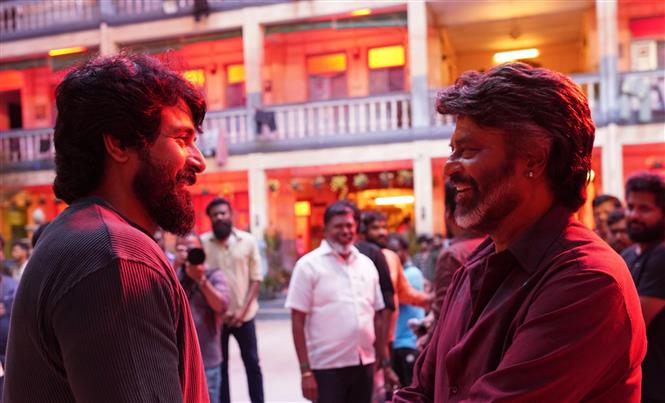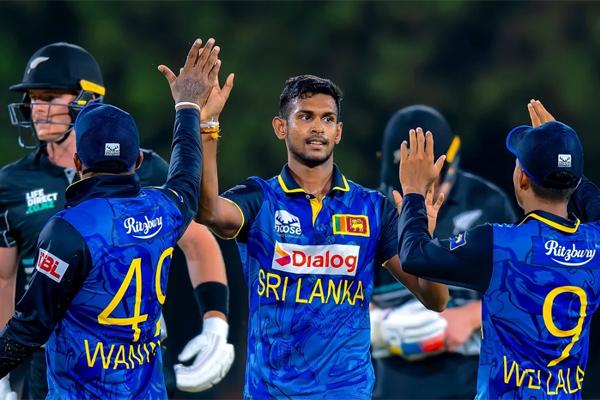‘Laws of game are very subjective’: AIFF refereeing chief Kettle says handball decision in Mohun Bagan vs East Bengal match ‘right’

‘Laws of game are very subjective’: AIFF refereeing chief Kettle says handball decision in Mohun Bagan vs East Bengal match ‘right’
The decision of not awarding a handball offence during Saturday’s Indian Super League (ISL) match between Mohun Bagan and East Bengal was right, the All India Football Federation’s (AIFF) Chief Refereeing Officer Trevor Kettle said on Monday.
Just before half-time in the Kolkata Derby held in Guwahati, East Bengal’s PV Vishnu had attempted a shot inside the box, which struck Mohun Bagan Super Giant midfielder Apuia’s arm.
“Handball interpretation is very difficult in football. The laws of the game are very subjective. A handball is very badly understood across football among those who don’t operate within the officiating capacity,” Kettle began at the virtual interaction with the media.
“I gave clear directions to the referees, which came from the coaches survey we did ahead of the season. I told the referees to ask themselves one question. ‘Was the hand in a justified position for the action of that play?’ The simple fact is that the Mohun Bagan player’s arm is in a justified position,” he said.
Kettle goes on to say how it is normal for the player’s arm to be slightly away. “When the ball strikes his arm, you can see him trying to move it away. There’s no deliberate action.”
The former Premier League match official also went on to address a myriad of questions around Video Assistant Referee (VAR) in the ISL, the impact of Key Match Incidents (KMI), and dealing with complaints from clubs.
There have been a number of controversial decisions which have drawn the ire of fans and coaches alike. This has once again brought the VAR question to light and when the technology could possibly be implemented in the ISL.
Kettle revealed that in December 2023, he was asked to do a ‘VAR feasibility and cost’ study. The Englishman then spoke to five VAR service providers. In March 2024 at the AIFF Annual General Meeting, the report of this study was submitted to the top brass.
“At that point, the AIFF decided that the introduction of VAR was unaffordable due to the cost, and that AIFF alone couldn’t do that,” Kettle explained.
So where does that put AIFF’s position on getting the technology in?
“Where we are now is that there are negotiations going on and agreements between AIFF and its partners. Those discussions will then decide whether VAR is affordable. That is where we stand with VAR,” Kettle added.
According to a report in the Times of India, the idea of introducing VAR Lite was mooted around by the federation and was reportedly supposed to be implemented from the ongoing season. However, that hasn’t happened.
Speaking about options other than VAR, Kettle said, “At the moment, the only thing available is VAR, which is being approved by FIFA. We understand that there are other trials going on across the world, and we had trials going on in the Women’s U-17 World Cup for a review system. As initiatives come out from FIFA, we will look at those and of course, if we can, we will implement those.”
Kettle said that he was keen on increasing the external communication after a period of time after when the KMI review panel had sat down to give some explanation for decisions.
“How we do that has to be decided,” the 58-year-old said on communicating the decisions made by the KMI panel to the public.
KMIs are parameters on which Kettle and his team judges the accuracy of a referee after a match they have officiated. “Before I arrived in India, the statistics of the KMI were not measured accurately. It was around 72 per cent accurate,” he said.
“We have now four processes in place where every KMI in every ISL and I-League game is reviewed by an independent Key Match Incident review panel. On it, we have five ex-FIFA match officials, out of which three are current AFC referee assessors,” Kettle explained, saying how the individuals in the panel decide whether these key incident decisions were right.
Kettle claims that the accuracy shown by referees has increased after starting the KMI assessment process. After the first year, he said, the accuracy rose to about 83-84 per cent, which peaked at around 85 per cent at the end of last season.
In this ongoing campaign, the ISL’s number is around 82.3 per cent and for the I-League – for which the KMI is being done for the first time – it is about 85 per cent.
“We look at these Key Match Incidents which drive the training material we give to the match officials,” he added, saying how this ‘retrospective’ process is the way things are done in countries without VAR. “It is a continuous process of education.”
On January 12, Punjab FC wrote a letter to the AIFF and asked Kettle and the body to review certain decisions which may have impacted the side’s match against NorthEast United. The Mohali-based side also advocated for the introduction of VAR.
“We take the performance of referees extremely seriously. We invest a significant amount of time in every single game. At this time, we have an independent referee assessor watching that game,” Kettle responded to the letter sent by the club.
“What we do need to have is proper dialogue. When a club writes to me, we will try to address and clarify the situation. Sometimes what will happen is I will go personally and meet those clubs to gain a mutual understanding. I’ve done that and I will continue to do that,” he added.










